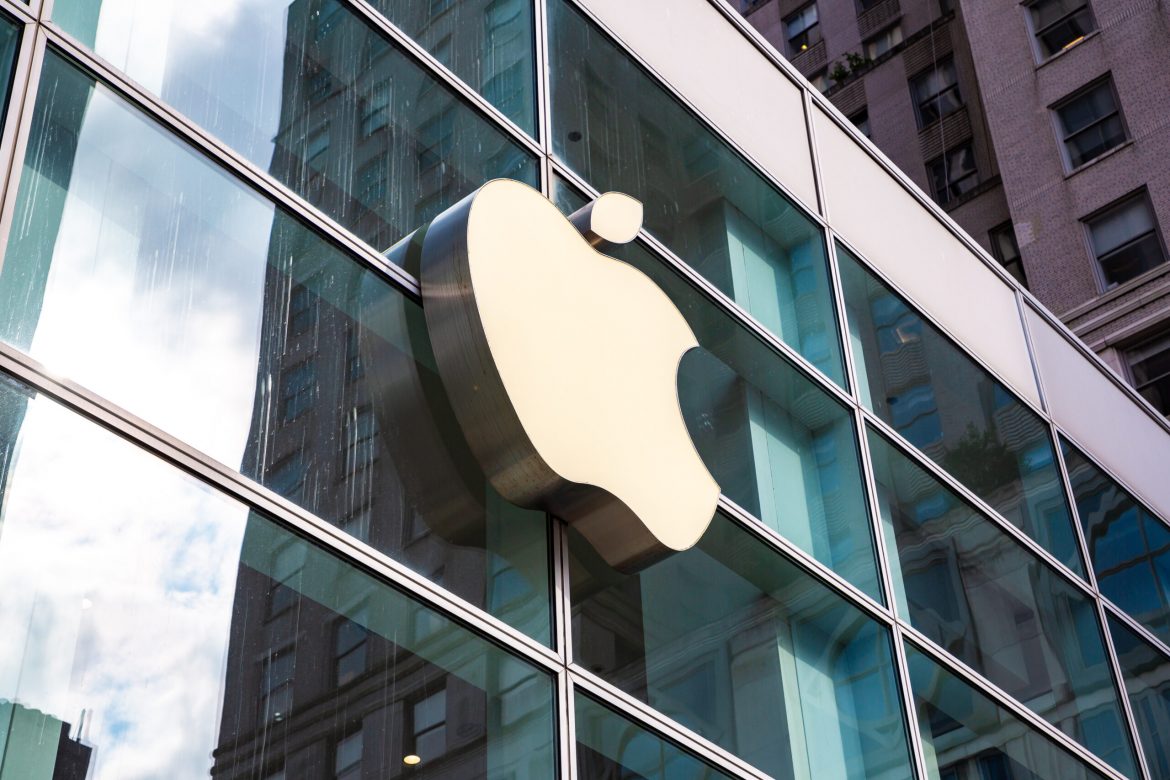Apple recently made a significant entry into the generative AI race, unveiling its Apple Intelligence at the WorldWide Developer Conference in June.
This move marked a pivotal moment for the tech giant, leading to a rise in its share price and pushing its market cap to a staggering $3.5 trillion at one point.
Despite this milestone, Apple has often been late in adopting new features. However, its dominant market position and unique ecosystem allow it to introduce features on its preferred timeline. This trend continues with its generative AI offerings, which are currently lagging behind competitors.
Apple’s AI Vision
Apple’s approach to AI is distinct, not following the guidelines set by OpenAI. Instead, Apple Intelligence is charting its path, which raises questions about the potential impact of its delayed entry into the AI space.
Historically, Apple’s interfaces have been well-received by users. The upcoming AI interface, Voice, aims to act as a private secretary, assisting users in managing their data, activities, and daily lives.
One notable feature, Priority Notifications, set to launch this fall, will help users schedule tasks for the following day, ensuring they never miss a meeting or important event.
Apple Intelligence aims to deliver a comprehensive AI experience, incorporating voice, images, videos, and other generative AI functions using the user’s data.
In line with these advancements, Apple plans to enhance Siri’s capabilities and is in discussions with Google about licensing the Gemini AI models for the iPhone 16, opening new possibilities in essay writing and image creation.
Apple CEO Tim Cook expressed his enthusiasm, stating, “We’re thrilled to introduce a new chapter in Apple innovation.
Apple Intelligence will transform what users can do with our products — and what our products can do for our users.”
Falling behind competitors
In the second quarter of 2024, Apple’s market share dipped from 16% to 14%, amid fierce competition from tech giants like Huawei and Samsung. This decline pushed Apple from third to sixth place in the Chinese smartphone market.
Huawei’s shipments surged by 41% year-over-year, primarily driven by the launch of its Pura 70 series in April. Huawei claims to have achieved in 10 years what took other regions, like the United States and Europe, 30 years to accomplish in areas like operating systems and artificial intelligence.
Similarly, Samsung’s new Galaxy S24 series boasts innovative AI features, including Circle to Search, Live Translation, and Generative Edit to Galaxy AI.
While Apple is undoubtedly working hard on its AI initiatives, it remains to be seen if these efforts will be enough to regain its lost market share. Apple’s products, although often late to the market, are known for their high quality. However, investors are wary of the company’s lag in the AI race.
Impact on Buffett’s investment
Warren Buffett’s Berkshire Hathaway recently reduced its stake in Apple, raising questions about the reasons behind this decision. Although the exact rationale remains undisclosed, it is plausible that Apple’s slow progress in AI, coupled with its declining market share, may have influenced Buffett’s move.
The recent drop in market share and the intense competition from rivals highlight the challenges Apple faces. As the company continues to develop its AI capabilities, the tech world is keenly watching to see if Apple can reclaim its position as a market leader. Only time will tell if Apple’s AI innovations will be enough to convince investors like Buffett to maintain their confidence in the tech giant.
The post Did Apple’s slow AI progress prompt Buffett to sell? appeared first on Invezz
